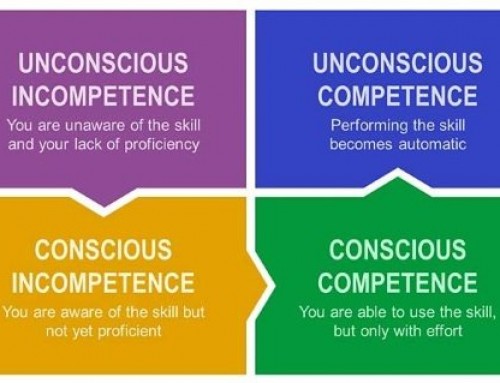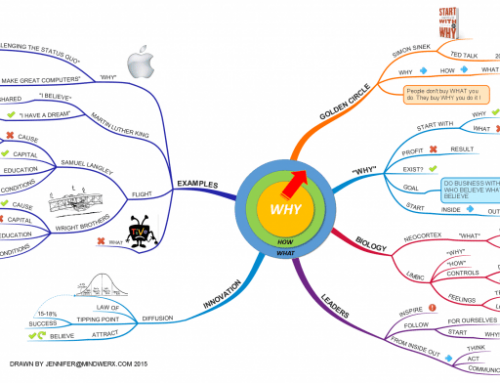I ran a workshop last week that touched on some of the de Bono thinking principles and tools I have been successfully using and sharing with others for almost 25 years now. As I always strive for, the feedback from participants was great, except for one person. I don’t usually worry about the rare individual feedback that isn’t aligned with the majority (although I always ask myself if they have spotted something valuable for me to learn) – after all my style doesn’t always suit everyone. But on this occasion I was surprised that the lower rating wasn’t so much about me, but on my exploration of de Bono techniques, which this participant described as ‘Old Thinking’.
What was fascinating to me is that at no time in the workshop did she say anything to create discussion on this, but she did indicate that she has almost no actual experience with de Bono methods. Which prompts the questions – how do we define old thinking, and on what basis?
My assumption is that because Edward’s methods have been ‘on display’ for many years, and are well known to many, that that is seen as ‘old’ – building on a definition of having been around a long time. My own view is that ‘old’ means that it has experience, tradition etc. But clearly this person sees old as a negative.
Unfortunately she was likely using 2000 year ‘old’ critical judgemental thinking to downgrade methods she likely doesn’t understand, hasn’t used, and seems unwilling to try. It is also unfortunate that she was a participant in a program being run for senior educators at a major Australian University where she holds a management role.
The reality (as I perceive it) is that there are many ways to think about things, and we need to be as open as we can to them. I have found many de Bono methods very valuable and share them with others when I can, just as I do with many other techniques. I am not concerned if people choose not to listen or take them up. But I am regularly surprised by the closed mindedness of some.
And for the record – Edward de Bono is the European Union Ambassador for Thinking, and is in my limited view and experience the most significant contributor to the skill of thinking since the ancient Greeks and the genius of Leonardo. His methods are hardly ‘old’ – indeed they are still so ‘young’ it will be many years before they really take root.






Leave A Comment
You must be logged in to post a comment.